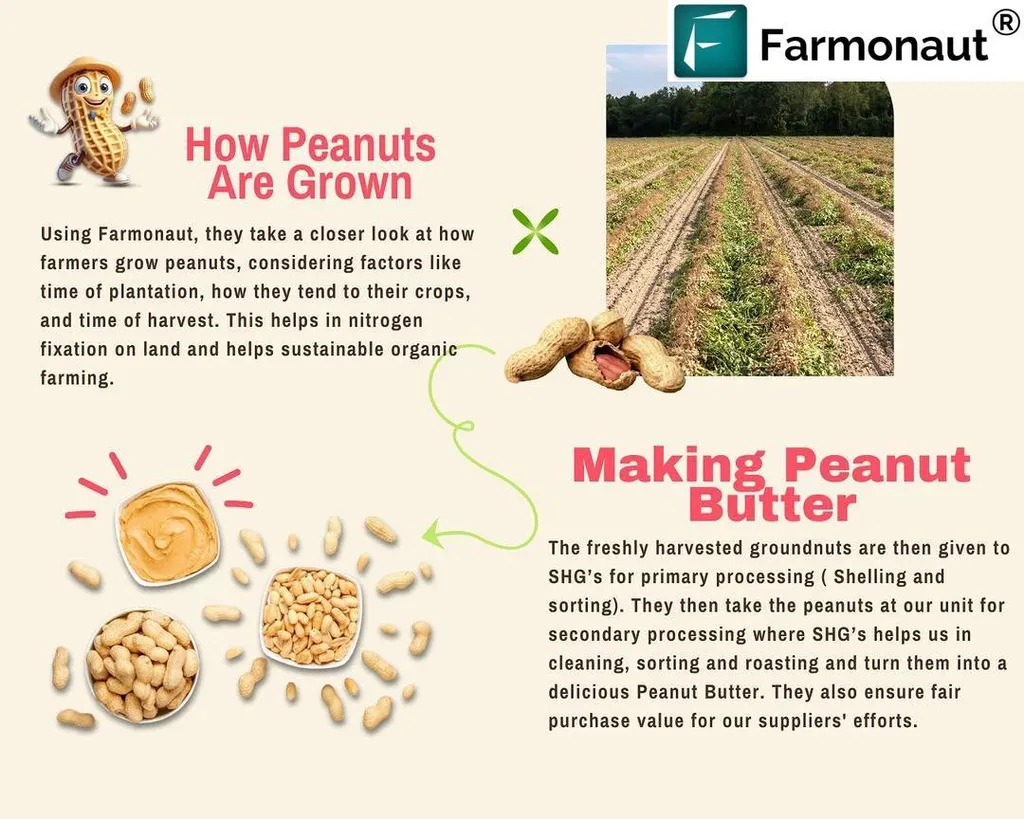In the heart of Tamil Nadu, India, a groundbreaking study is reshaping the future of groundnut farming, offering a blueprint for sustainable agriculture that could ripple through the energy sector. Dr. Chellamani Aathithyan, a leading agronomist from the Agricultural College and Research Institute (AC&RI) at Tamil Nadu Agricultural University (TNAU), has spearheaded research that demonstrates the transformative potential of smart fertigation systems. His work, published in the journal ‘Frontiers in Sustainable Food Systems’ (translated as ‘Frontiers in Sustainable Food Systems’), is a beacon of hope for farmers and energy experts alike.
The study, conducted at two distinct locations, explored the impact of automated drip irrigation and a low-cost smart fertigation system on the growth, physiology, root traits, and yield of groundnut. The results are nothing short of remarkable. “Sensor-based automated drip irrigation combined with sensor-based fertigation at 100% NPK level recorded a staggering 43.74% and 45.25% higher pod yield compared to conventional methods,” Dr. Aathithyan revealed. This leap in productivity is not just a win for farmers but also a significant step towards resource efficiency and sustainability.
The implications for the energy sector are profound. Precision agriculture, as demonstrated in this study, reduces the need for excessive water and fertilizer use, thereby lowering the energy required for their production, transportation, and application. “Practicing sensor-based automated drip fertigation in groundnut not only enhanced the yield but also reduced the input requirements, saving 7%−12% of water and 15%−25% of fertilizers,” Dr. Aathithyan explained. This reduction in input translates to a decrease in energy consumption and greenhouse gas emissions, aligning with global efforts to combat climate change.
The study’s findings could pave the way for future developments in smart farming technologies. As Dr. Aathithyan noted, “The integration of sensors and automation in agriculture is still in its infancy. There’s immense potential for further innovation and refinement.” This could lead to the development of more sophisticated systems that can monitor and manage not just water and nutrient delivery, but also pest control, soil health, and even weather conditions.
Moreover, the success of this low-cost smart fertigation system in enhancing groundnut yield and resource efficiency could serve as a model for other crops and regions. As the world grapples with the challenges of feeding a growing population amidst dwindling resources, such innovations become increasingly crucial. They offer a glimmer of hope, a testament to human ingenuity and our ability to adapt and thrive in the face of adversity.
In the words of Dr. Aathithyan, “This is just the beginning. The future of agriculture lies in smart, sustainable technologies that work in harmony with nature, not against it.” As we stand on the brink of a new agricultural revolution, his words echo a universal truth: the path to a sustainable future is paved with innovation, resilience, and a deep respect for our planet’s resources.

